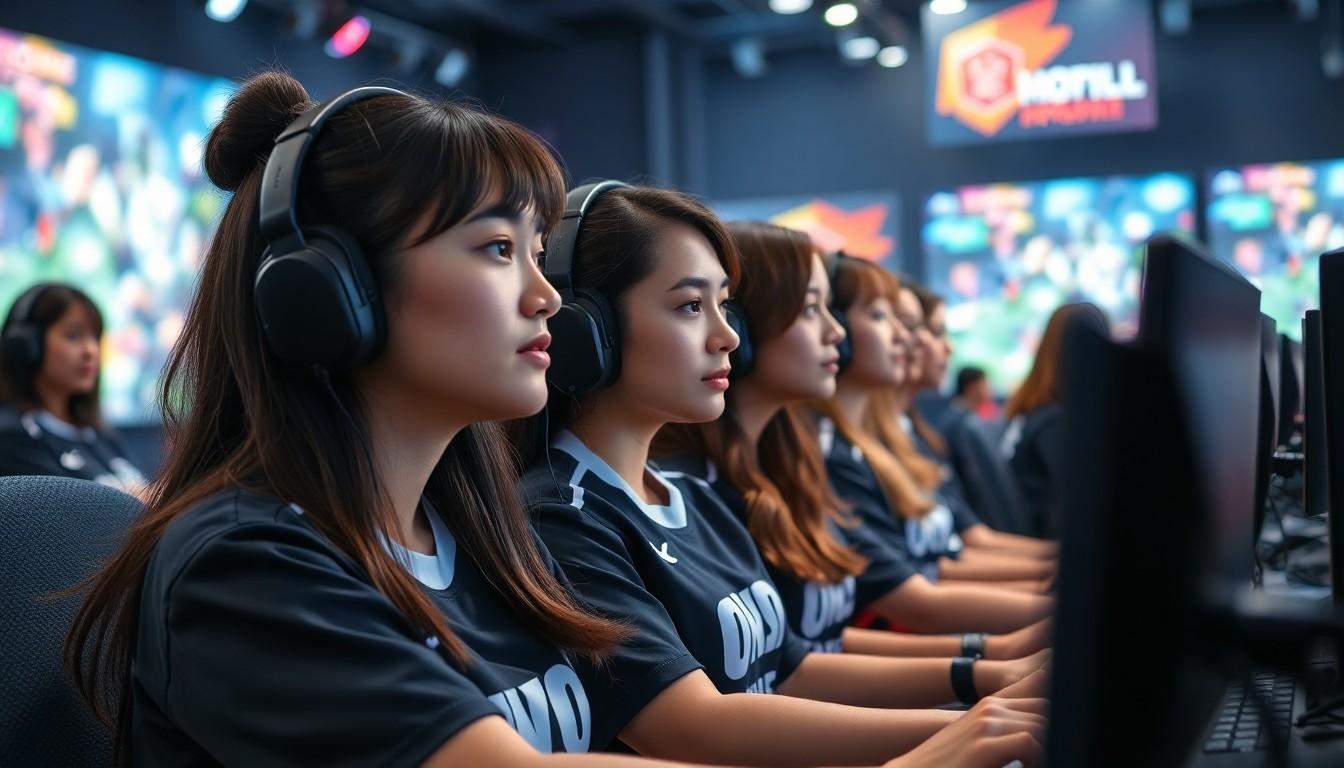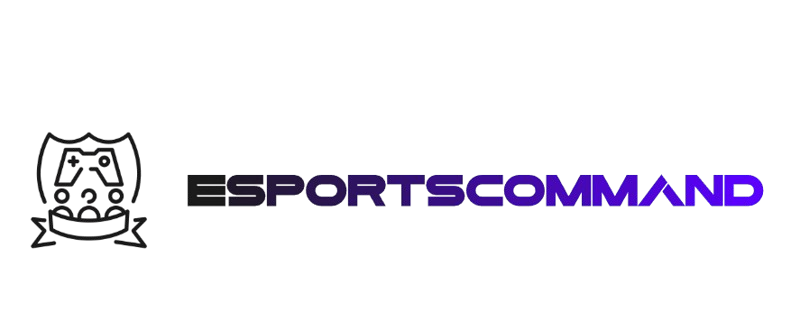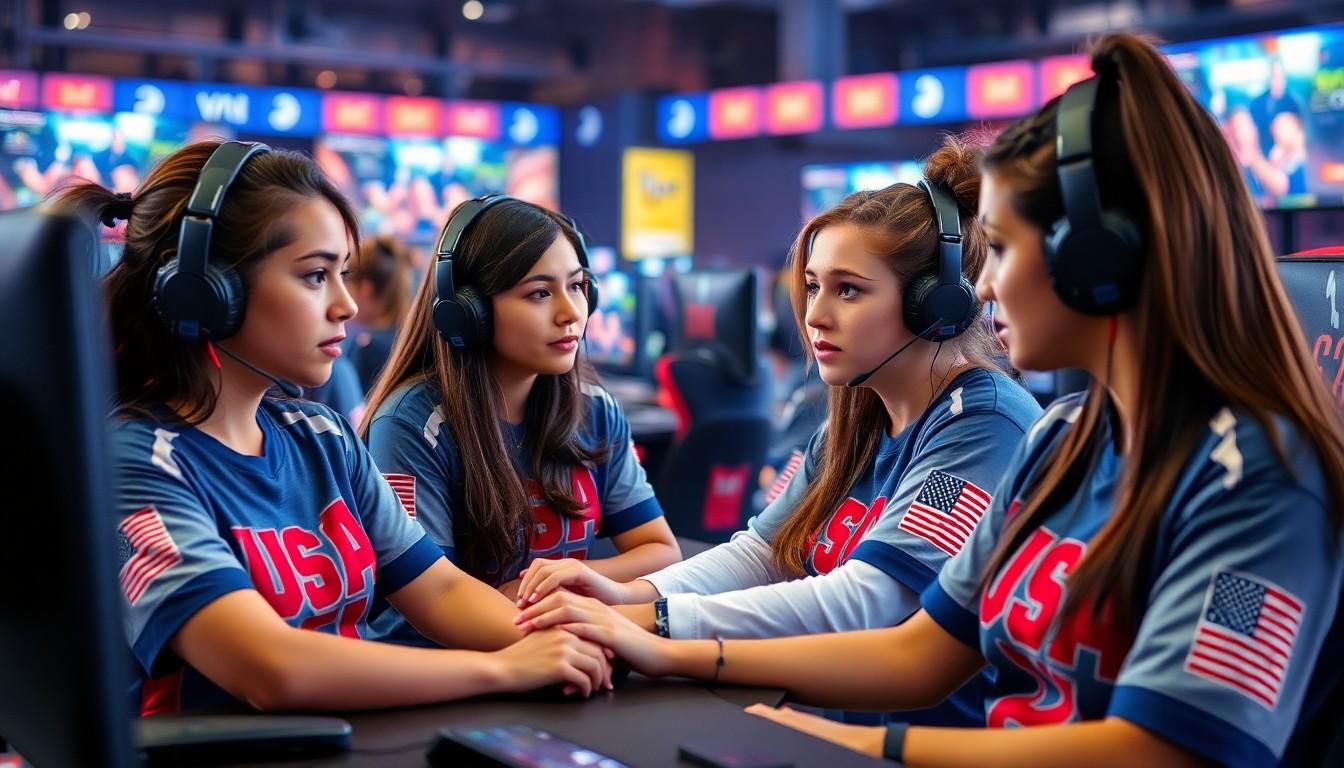In the fast-paced world of esports, female teams are breaking barriers and smashing stereotypes faster than you can say “headshot.” Gone are the days when gaming was a boys’ club; these fierce competitors are here to prove that skill knows no gender. With their sharp strategies and unyielding determination, female esports teams are not just participating—they’re dominating.
Overview of Female Esports Teams
Female esports teams play a crucial role in transforming the landscape of competitive gaming. These teams not only compete but also make significant strides in various game titles, showcasing their skills on global stages. Noteworthy organizations such as Cloud9’s female roster and Team Dignitas have led the charge in strengthening female representation within esports.
Players demonstrate high levels of strategic ability and teamwork in numerous tournaments. For instance, the League of Legends Championship Series has seen increasing participation from female teams, with organizations like G2 Esports supporting female players. Their success underscores the importance of inclusivity in this dynamic environment.
Participation statistics reflect a growing interest in female esports teams. Recent studies reveal that female gamers make up 30% of the total gaming population. Despite facing unique challenges, such as limited sponsorship and visibility, these teams consistently prove their capabilities in competitive scenarios.
Additionally, community support plays a pivotal role in elevating female teams. Initiatives from platforms such as Twitch and social media campaigns foster engagement and empower aspiring female players. Visibility in media coverage and event streams also encourages young women to pursue careers in esports.
Esports organizations continue to invest in female talent, recognizing their potential for both gameplay and marketing. With the rise of female leagues and tournaments, the competitive atmosphere is evolving, showcasing a more diverse range of talents and experiences. The future appears promising, as female esports teams affirm their capacity to challenge stereotypes and inspire the next generation of gamers.
Historical Context

Female esports teams have emerged as influential players in a competitive gaming landscape. Their journey reflects significant milestones that shaped gender representation in esports.
Early Female Participation
In the late 1990s, female gamers began to participate in organized competitions. Female competitors like Sara “Sarah” Parker and other pioneers helped break ground in a male-dominated environment. Early multiplayer games allowed women to connect, forming informal teams. Grassroots tournaments showcased these players, fostering a sense of community among women. During this period, visibility remained limited, yet their determination set the stage for future growth.
Evolution of Female Esports Teams
The 2000s saw the establishment of dedicated female esports teams, marking a pivotal shift. Organizations like Team Dignitas and Counter Logic Gaming formed female divisions to provide visibility and support. Increased media coverage highlighted their achievements in competitions, leading to broader recognition. In recent years, participation in tournaments such as the League of Legends Championship Series rose, showcasing women’s skills on global platforms. As sponsorship opportunities expanded, women garnered more resources for training and development. Overall, these advancements contributed to a more robust competitive environment, bolstering female representation in esports.
Current Landscape
Female esports teams significantly reshape the competitive gaming environment, showcasing exceptional talent and determination.
Notable Female Esports Teams
Cloud9’s female roster and Team Dignitas exemplify the commitment to elevating female representation in esports. These organizations actively recruit skilled players and provide resources for their growth. Professional squads like G2 Esports and Evil Geniuses also emphasize the importance of inclusivity in their teams. Players such as Nena and Kelsey “Lunar” Lentz have gained recognition for their achievements, inspiring a new generation of aspiring female gamers. With numerous teams emerging, the competitive landscape continues to diversify.
Major Tournaments and Events
Significant tournaments feature female esports teams, providing platforms for showcasing their skills. The League of Legends Championship Series has included female contenders, raising awareness and interest in mixed-gender competition. Events like DreamHack and Intel Extreme Masters host female-focused tournaments, highlighting dedicated leagues. Increased participation in these tournaments fosters community support and engagement. Sponsorships from companies like Logitech and Twitch further enhance visibility, cultivating a thriving atmosphere for female competitors.
Challenges Faced by Female Esports Teams
Female esports teams encounter several challenges in the competitive gaming landscape. These hurdles can hinder their progress and visibility.
Gender Discrimination
Gender discrimination persists within esports. Many female players face bias from their male counterparts and the broader gaming community. This bias often shows itself through negative stereotypes, which can discourage talented individuals from pursuing competitive gaming. Harassment during gameplay frequently occurs, impacting the mental well-being of female gamers. Despite these obstacles, numerous players remain determined to challenge these perceptions. Resilience in the face of adversity plays a significant role in promoting inclusivity within the esports environment.
Funding and Sponsorship Issues
Funding and sponsorship present significant barriers for female esports teams. These teams often receive less financial support compared to male counterparts. Limited visibility in major esports events leads to reduced opportunities for securing sponsorship deals. Many companies overlook female rosters, limiting their growth potential. Organizations like Cloud9 and G2 Esports strive to change this narrative by investing in their female teams. Increased sponsorship from industry leaders is essential for building a sustainable ecosystem for female players. Improved funding channels can enhance training resources and elevate competitive performance in the long run.
Success Stories
Female esports teams are making significant strides and showcasing their talents on the global stage. Their achievements and the remarkable players who lead the charge deserve recognition.
Impactful Players
Nena, a professional League of Legends player, exemplifies leadership and skill. She’s recognized for her teamwork and strategic approach, inspiring countless female gamers. Kelsey “Lunar” Lentz stands out in Valorant, demonstrating exceptional performance and resilience. Players like them break stereotypes and motivate young women to pursue gaming careers. Their influence extends beyond gameplay, as they actively engage with fans and promote inclusivity. Many aspiring female gamers look up to these pioneers, influencing a new generation.
Team Achievements
Organizations like G2 Esports and Cloud9 have made their mark in the esports landscape. G2 Esports’ female roster achieved notable placements in competitions, increasing visibility in the gaming scene. Cloud9’s female team garnered attention with their remarkable run in the VALORANT Champions Tour. Both teams contribute to a competitive atmosphere, showcasing female talent on major platforms. Participation in events like Intel Extreme Masters and DreamHack further amplifies their success. These accomplishments highlight the progress made by female teams, aiming for equal recognition and opportunities in the industry.
Future Prospects
Female esports teams are positioned for significant advancements in the esports landscape. As more organizations recognize the importance of diversity, the future looks promising for female competitors.
Growth in Participation
Participation in female esports teams has seen a notable increase. Statistics reveal that female gamers make up about 30% of the total gaming population. Increased visibility through tournaments and media coverage encourages more women to join competitive teams. Events like League of Legends Championship Series provide high-profile platforms, allowing female teams to showcase their abilities. Organizations such as G2 Esports are also crucial, fostering an environment where female players feel empowered to compete at higher levels. With supportive communities rallying behind these teams, their numbers in tournaments will likely continue to rise.
Expanding Opportunities
Opportunities for female esports players are expanding rapidly. Recent investments from major esports organizations, including Cloud9 and G2 Esports, highlight the commitment to nurturing female talent. Sponsorship deals are increasingly becoming available, enhancing team visibility and financial support. Additionally, dedicated events focused on female competitions contribute to a more inclusive scene. With companies like Logitech investing in female teams, greater recognition is achieved. The establishment of mentorship programs and training resources equips upcoming players with the skills needed for success. These developments bode well for the future landscape of female esports.
Conclusion
The emergence of female esports teams marks a transformative moment in competitive gaming. With organizations investing in talent and promoting inclusivity, these teams are not just participating but excelling on global stages. As female gamers continue to challenge stereotypes and break barriers, they inspire a new generation to join the ranks of competitive gaming.
The ongoing support from the community and increased visibility through tournaments further enhance their journey. Despite facing challenges, the resilience and determination of female players shine through. The future looks bright as the esports landscape evolves, paving the way for greater representation and opportunities for women in gaming.

